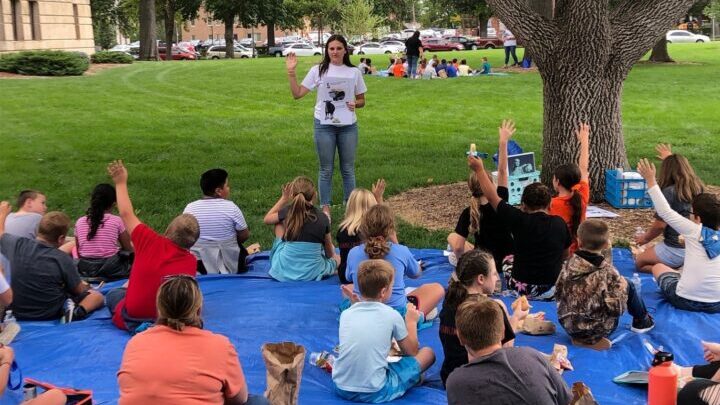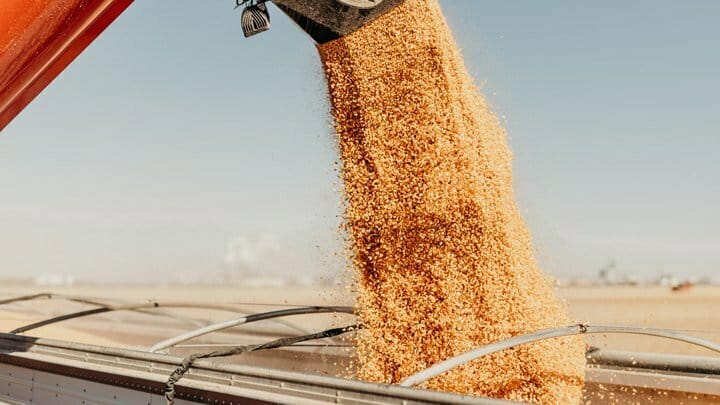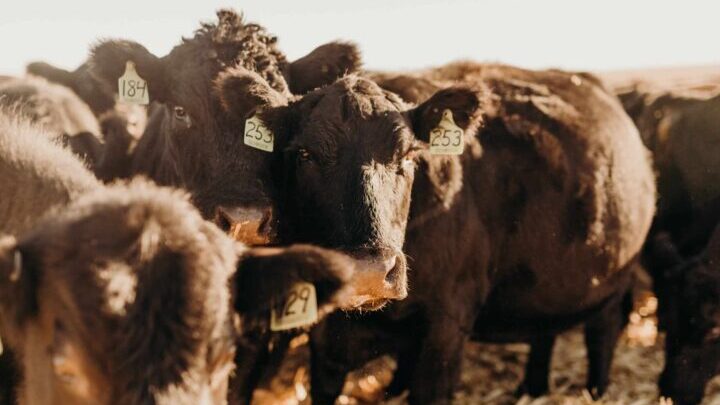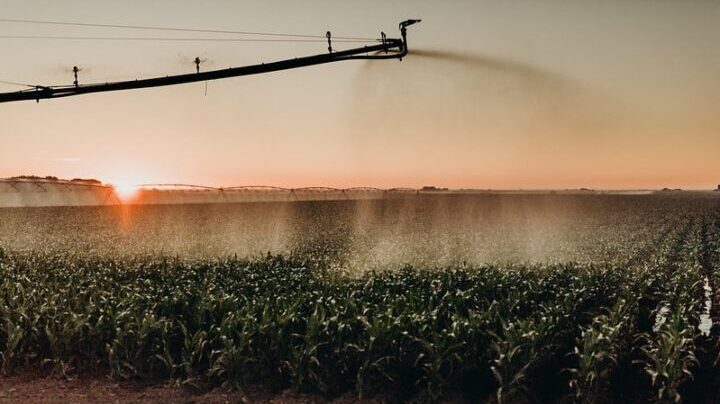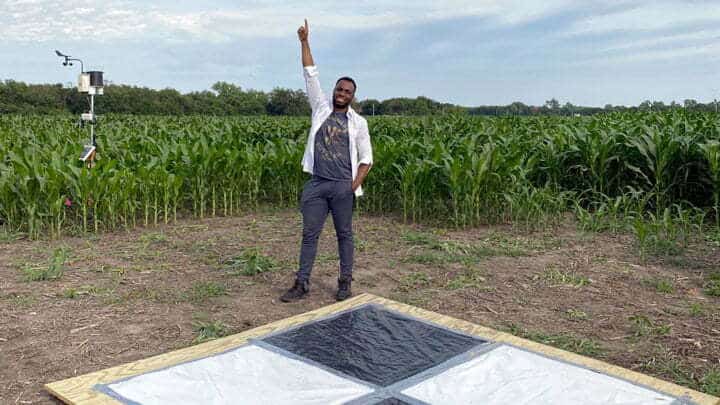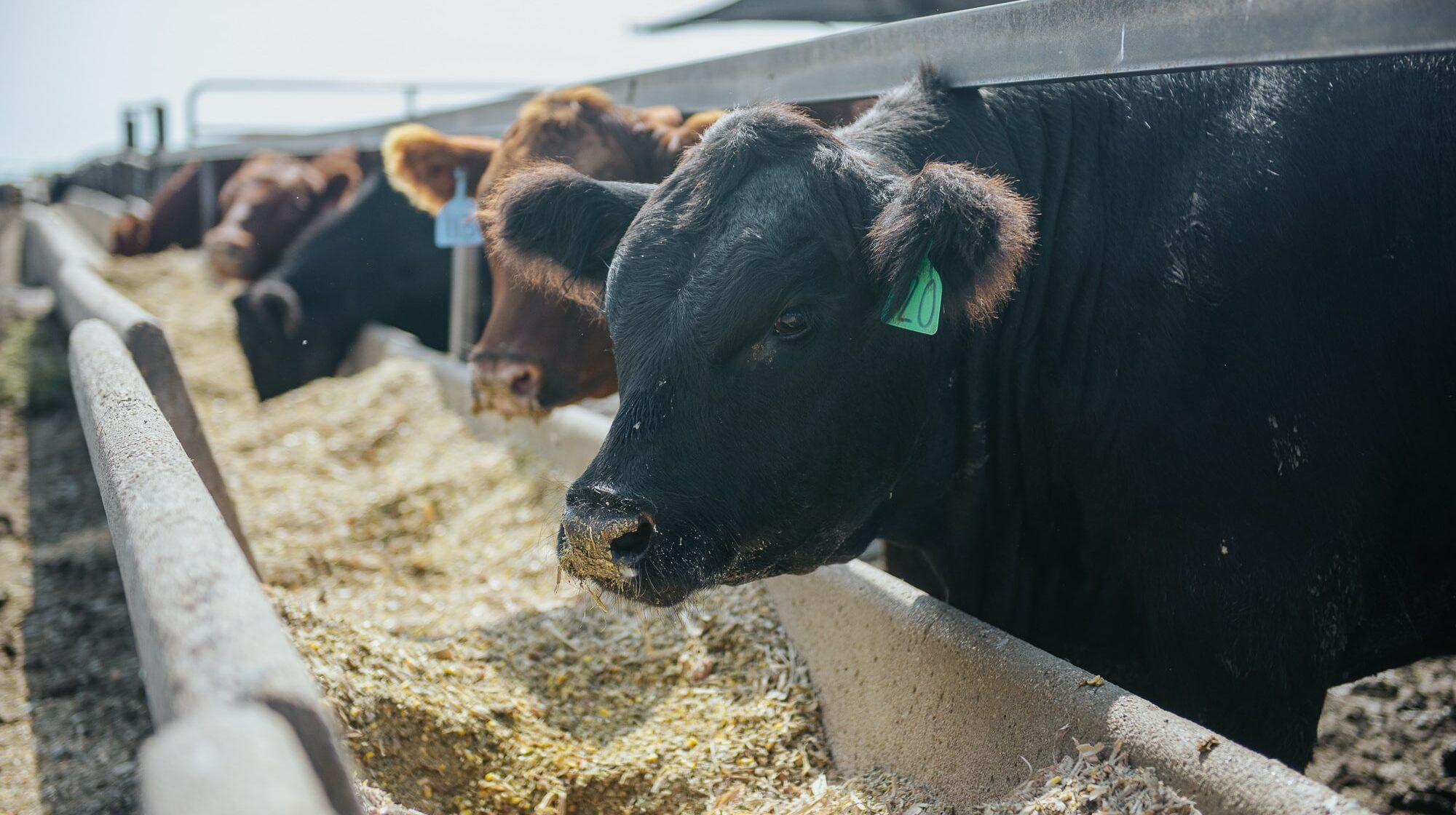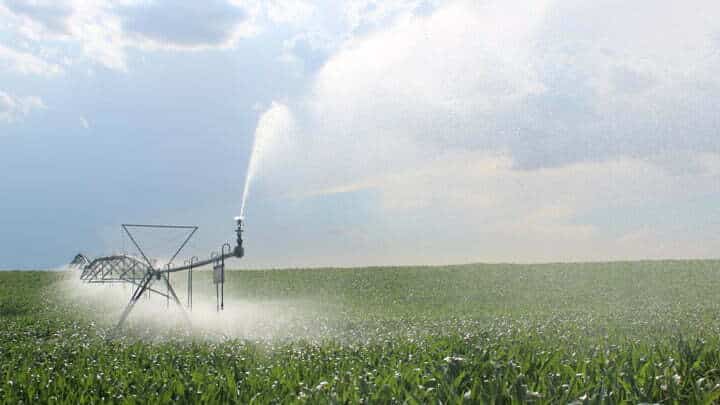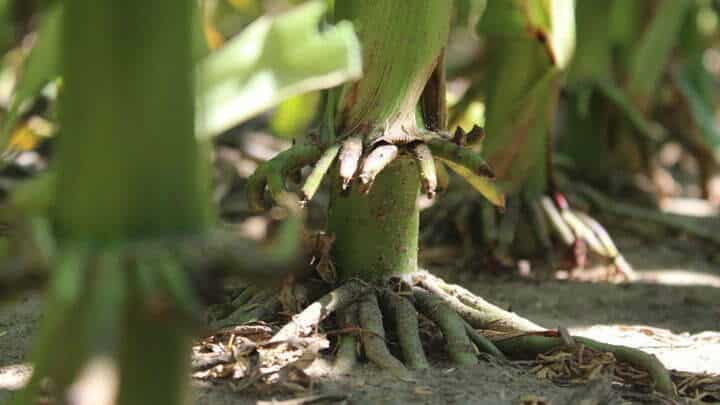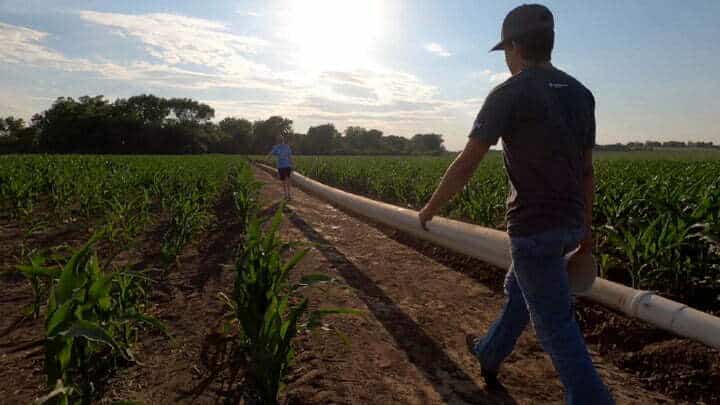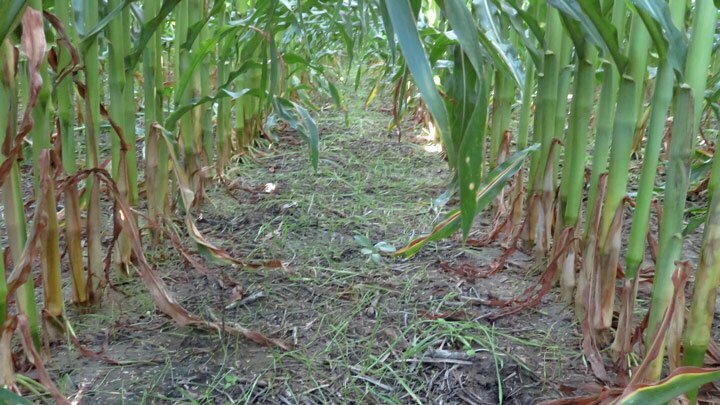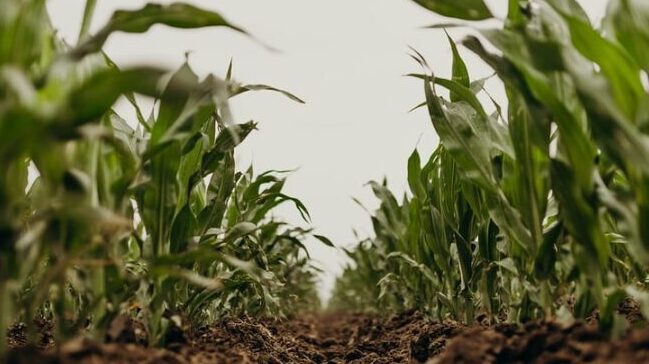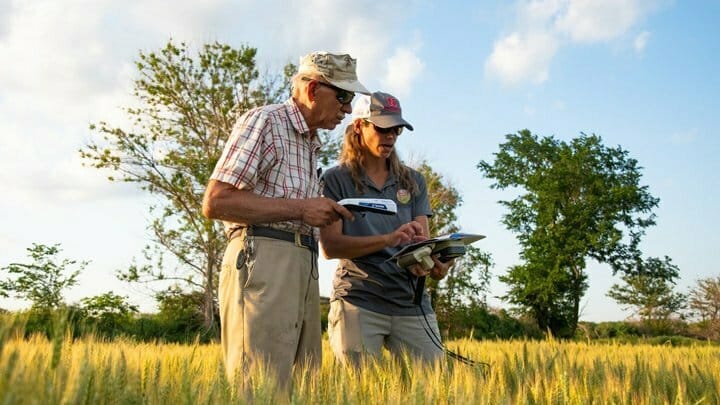Seeking New Opportunities Through Collaborative Corn Research
Research answers the “what if” questions that lead to new uses, new markets, new opportunities and new ways to grow corn even more efficiently and sustainably.
NCB research dollars are continually seeking new opportunities for corn farmers. What is the “next” ethanol? The emerging new use for corn that will again change the game for Nebraska farmers? What breakthrough will lead to significant change in the way farmers grow their crops, to use even less water, less fertilizer?
The majority of Nebraska Corn research dollars are invested in partnership with the Institute of Agriculture and Natural Resources at the University of Nebraska-Lincoln. Nebraska Corn also collaborates on research projects with fellow corn states, cooperators and other stakeholders.
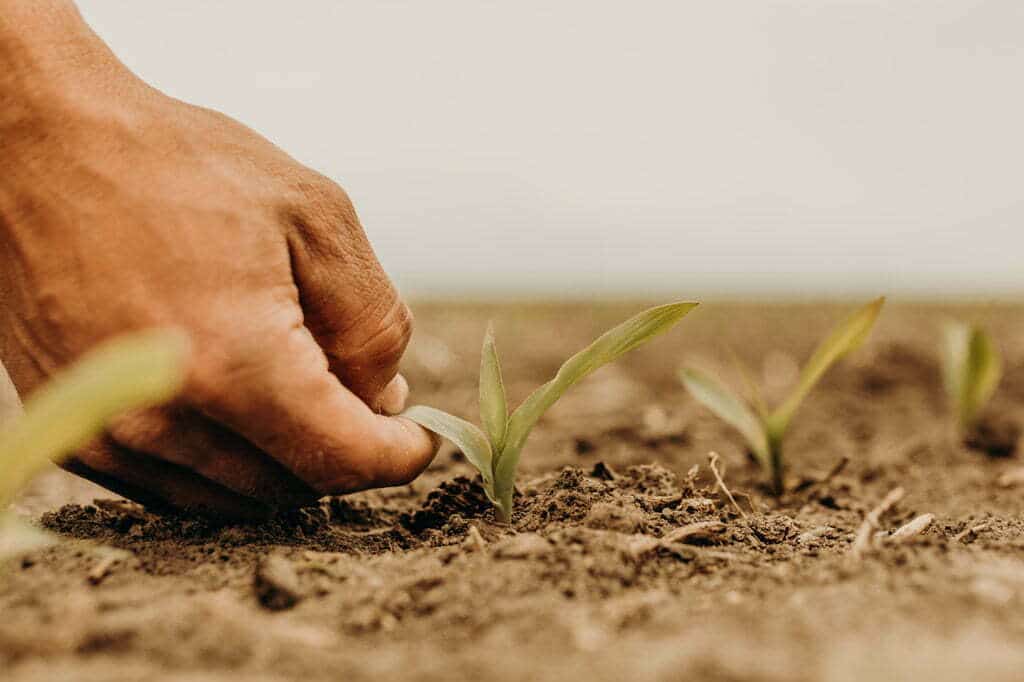
Research Priorities
Enhancing Demand & Adding Value
Nebraska’s corn farmers have the ability to grow more corn than consumers can currently utilize
as food, fuel or feed. In order to sustain the economic viability of corn farmers, it is critical that
we discover new uses and markets for Nebraska’s corn crop that meet the needs of a growing
and evolving world. NCB seeks to encourage research that will give the highest return to
Nebraska corn producers through:
- Innovative research to find new uses for corn and corn products
- Identify value-added uses of the chemicals/components of corn
- Corn focused projects that result in commercialization of corn-based products or technology
- Expanding/developing commercially significant markets for corn utilization
Ensuring Sustainability
Nebraska corn farmers are faced with the challenge of producing crops necessary to meet local,
national and international demands while maintaining the quality and quantity of resources for future generations. NCB supports research leading to regionally integrated system of plant and
animal production practices designed to produce long-term results such as:
- Sustained economic viability of corn production in Nebraska
- Improved efficiency of inputs
- Enhanced carbon sequestration and improved measurement, reporting and verification
- Minimizing threats from pests and diseases
- Improved quality of surface water and groundwater resources
- Improved soil health
- Increased resilience to changing climate conditions and weather extremes
Supporting Agriculture and STEM Education
The future of farming in Nebraska depends not only on continuing to advance research-based
technologies and production practices, but also on improving consumer appreciation of the
importance of food, fuel, and feed production to human and animal health and sustainability.
NCB seeks proposals that include education and outreach as components of the research
project. Education and outreach components might include:
- Promoting linkages among Pre-K through 12, two-year postsecondary and higher education
programs in STEM (science, technology, engineering and math) disciplines related to food
and agricultural sciences - Teacher preparation and professional development programs
- Communicating agriculture research to non-ag audiences
To learn more about these and other NCB-funded research projects, contact Rachael Whitehair, Director of Innovation & Stewardship at rachael.whitehair@nebraska.gov.
2024 Nebraska Corn Research Report
The Nebraska Corn Board distributes an annual research report that showcases the research portfolio of Nebraska Corn in six core areas of focus: Livestock, Biotechnology/Industrial Use, Outreach/Education, Pest Management, Production Efficiency and Nutrient Management.
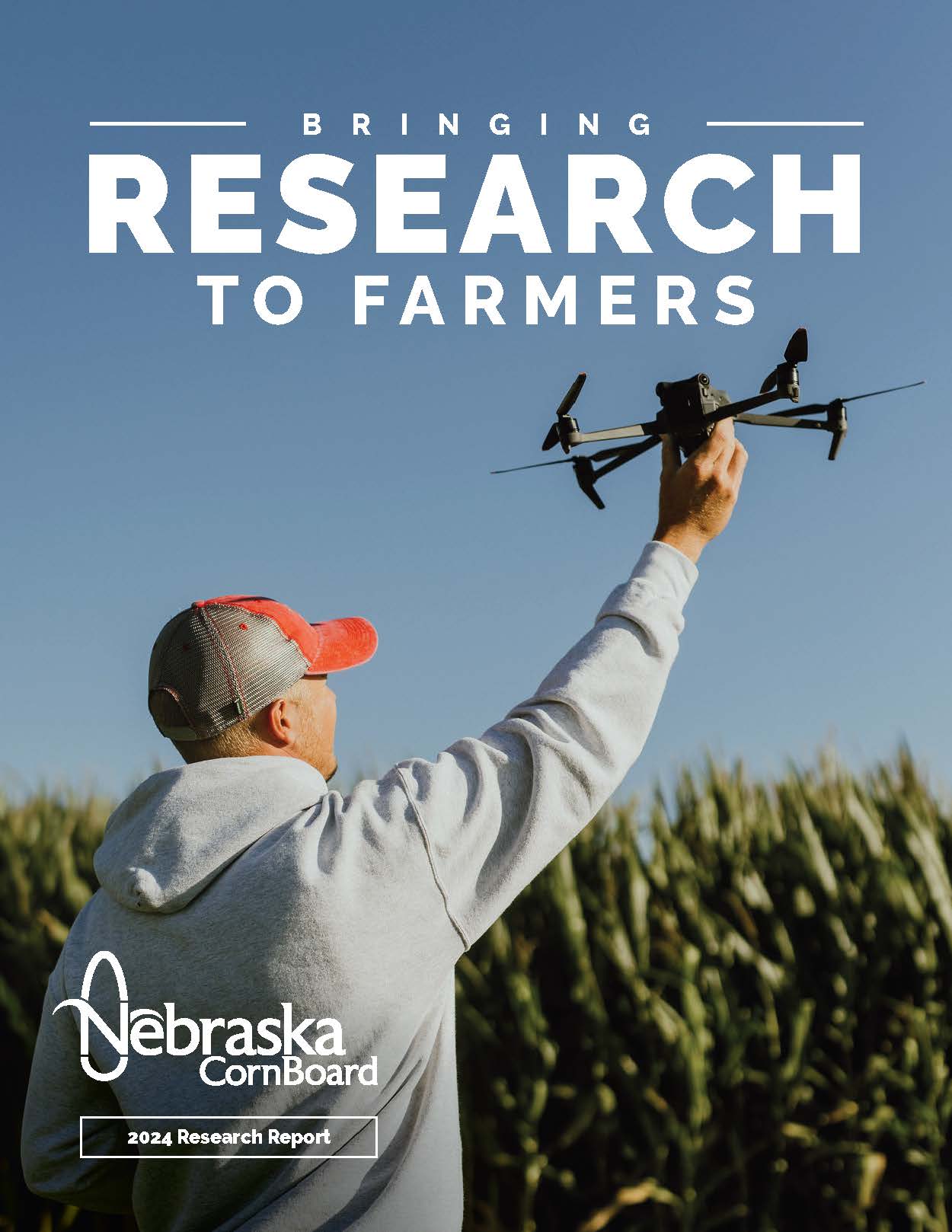
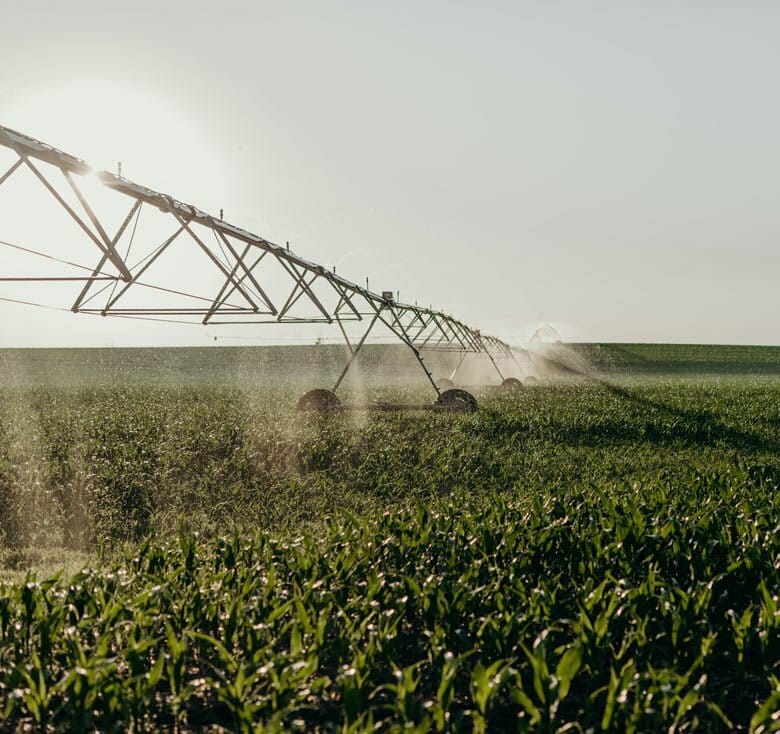
Submitting Research RFPs
The Nebraska Corn Board distributes an annual request for proposals (RFP) as a process to collect, review and ultimately decide on proposals to fund. Although we request that proposals be submitted for research during this process, the Nebraska Corn Board will review proposals through the year, should they be submitted outside of the annual RFP process and timeline.
Explore Top Research Projects Current and Recent
Ag Literacy Festival
Ag Literacy Festivals are held across the state and target second to fifth-grade students to engage them in hands-on activities increasing their knowledge of agricultural production and where their food comes from. As a result, youth gain a better understanding of agriculture and its impact on Nebrask and become more informed consumers who can make well-informed decisions concerning agriculture issues. Since the creation of Ag Literacy Festivals, 90,664 grade school students have attended. Curriculum goals include that the youth will be able to determine products they use in their lives that are from corn and soybeans, explain how corn and soybeans are used for different purposes (human/animal/energy), recognize the corn and soybean life and production cycles and identify the importance of technology in agriculture to help farmers feed the world.
Biodegradable Plastics Production from Ethanol Byproducts
This project seeks to add value to the US corn crop by producing a biodegradable plastic, called PHA, from corn kernel fiber (CKF) and crude corn oil. CKF is considered a low-value product, commonly used in cattle feed. Crude corn oil is not edible by humans and is used either for biodiesel production or animal feed. Producing more sustainable products made from CKF and crude corn oil would increase the value of corn. PHA is actually naturally occurring. It is made by certain strains of bacteria, and it can be used to replace conventional plastics. This project is evaluating various PHA-producing bacteria to find the best producer of PHA. Different ratios of CKF and crude corn oil will be explored to develop a process to simultaneously use both materials to make PHA. A model will be developed to evaluate the costs of the developed process to aid in future commercialization and guide optimization. This new method of transforming corn products into biodegradable plastics has the potential to largely increase the value of CFK and crude corn oil. This innovative new use for corn can increase the sustainability of manufacturing processes that utilize plastics
Connecting Science & Policy: Creation, Validation and Implementation of a Universal “Green/Sustainable”
This project seeks to develop, validate and implement a “green” sustainability index for beef production in Nebraska. A sustainability index is a system or model that determines how sustainable an operation or an industries’ performance is, and then this is compared to other operations or industries across the country and around the world. It can help investors and consumers to evaluate the environmental and social impacts of their investment and purchasing decisions. This will be the beef industry’s leading index in defining and quantifying responsible beef production across different locations and production systems in an unbiased and verifiable manner. This “green” or “responsible beef production” index will be tested among Nebraska consumers to determine the value of environmentally certified beef products and inform the design of labels that better communicate their environmental/sustainability benefits to consumers.
Developing the ProducerConnect App: A Digital N Dashboard – Longitude 103 & Nard/Nrd Partnership
Nitrogen (N) fertilizer is necessary for high corn yields and farmer profitability. While Nebraska corn growers have steadily improved nitrogen-use efficiency (NUE) in corn production over the last 50 years, room still exists to improve NUE while maintaining or increasing yields. This project is a partnership between the Nebraska Corn Board, Nebraska Association of Resource Districts, 17 of the 23 NRDs and Longitude 103 as the app developer. It seeks to develop an online platform that allows farmers to evaluate current water and nitrogen use efficiency through a personal account. Users will be able to track their progress towards a more efficient system and see how they compare (via aggregated rankings) to the performance of other producers operating under a similar management scenario. The “ProducerConnect” App will serve as a portal for growers to interact with their NRD, and help growers identify agricultural practices to increase their productivity without losing yields or profit. The dashboard is a much-needed development in our state’s ability to track and prove the progress growers are making toward increased nitrogen use efficiency on agricultural landscapes.
Genomes to Fields
The goal of the Genomes to Fields Initiative (G2F) is to study the interactions between genetic variations, environmental factors, management decisions and how these interactions contribute to the variations in crop yields across different farms, environments and years. Understanding how these many factors interact with various corn hybrids informs effective management strategies and helps to identify suitable hybrid choices for specific conditions. Understanding what factors affect corn yield in certain areas is critical to guide management decisions, as well as the selection of the proper hybrids for specific environments. This work involves researchers from 22 states. This project taps into unique data collection methods including the use of a SpiderCam, a multispectral camera able to take thermal images of the corn crop. Additionally, high-resolution satellite data was collected from field trials. This Nebraska involvement within G2F holds the promise that as new tools emerge for predicting crop performance under abnormal weather conditions, these models will reliably cater to the needs of Nebraska’s farmers in the years ahead.
Impact of Constant Versus Variable Inclusions of Modified Distillers Grains Plus Solubles on Feedlot Cattle Performance
Using distillers grains in feedlot diets has been critically important to Nebraska and has added value to the corn, ethanol and cattle industries. One of the recent challenges has been managing supply and inconsistent delivery of distillers grains loads. Questions remain about the implications to interruptions in distillers grains supply and the consequences that varying inclusions in an animal’s ration throughout the feeding period may have on cattle performance and carcass characteristics. This program will evaluate five diets that include varying rates of distillers grains to determine the impact of inconsistent distillers grains supply. Cattle performance and carcass characteristics will be evaluated to determine whether varying inclusion of distillers grains impacts performance when compared to the same inclusion that is held constant throughout the entire feeding period. Addressing these questions will help ethanol plants understand the importance of providing consistent supply if it is determined that variation is detrimental to performance or, if variation is not detrimental to the performance of cattle, frustrations by the cattle industry will be put at ease.
Improving UNL Nitrogen Algorithm with the 4Rs of Nitrogen Management
Nebraska is increasingly facing significant nitrogen (N) management challenges in sustaining corn production while protecting drinking groundwater quality. The “4Rs” of nutrient stewardship (application of nutrients from the Right source, at the Right place, in the Right time and at Right rate) is a promising concept to achieve increased crop production, increased profitability, enhanced environmental protection and improved sustainability. This project seeks to update the UNL Nitrogen (N) recommendation by investigating the potential for achieving higher corn yield and profits while reducing N losses with the Right source (Anhydrous, UAN, ESN, Urea) and Right placement (broadcast, injected) at the Right time (pre-plant, split) of N application. Results of this study and other relevant studies will be used to improve UNL’s nitrogen algorithm and conduct an economic analysis to assess the return on investment of the “4Rs” and the “cost” of reducing nitrogen losses.
Innovative Corn Rootworm Management
The western corn rootworm (WCR) is a major pest in Nebraska that has evolved resistance to multiple types of control strategies. This insect species costs U.S. growers more than $2 billion annually in yield losses and control costs. This project seeks to determine if the application of predatory insects and the adoption of cover crops can improve pest management and soil health. A truly integrated IPM (Integrated Pest Management) approach is critical to staying ahead of this crop pest. This method of biological control can be an alternative or complimentary control strategy together with conventional insecticides and Bt traits. These two strategies work in unison as the use of predatory nematodes and insects reduces pest populations and the planting of cover crops can support soil health and larger populations of predatory insects. By conducting this research on real Nebraskans’ farms and sharing information back with the grower collaborators, this work aims to bring practical and adoptable pest management options to Nebraska corn growers.
Innovative Youth Corn Challenge
It is important that youth recognize career pathways in the food, agriculture, and natural resource industries to fill those jobs. Since 2012, the Innovative Youth Corn Challenge has engaged youth with in-depth, experiential learning. This partnership between the Nebraska Corn Board and Nebraska Extension has successfully involved youth in rigorous inquiry-based learning through completion of on-farm research or demonstration plots across Nebraska. Since the Innovative Youth Corn Challenge program’s inception in 2012, a total of 268 youth have participated.
Interseeding Cover Crops Into Early Vegetative Stage Corn
Cover crops (CC) have the potential to improve soil health and sustainability of cropping operations. In corn systems it is difficult to incorporate cover crops due to the short growing windows before planting and after harvest. Having the cover crop establish while the corn is growing may be an option to increase the CC biomass and the potential benefits.This project seeks to evaluate the impacts of interseeding red clover and annual ryegrass cover crops on soil health parameters, nutrient availability and yield. This project will also evaluate cattle performance when grazing corn residue with these CC in the fall and determine the economic impacts of interseeding cover crops with and without grazing. It will allow us to gain new knowledge of integrated management impacts on soil health, crop and cattle productivity and farm profitability.
Mitigating Tar Spot Disease in Nebraska Irrigated Corn
Every year, corn producers and agronomists supporting their operations work to identify and manage diseases. Tar spot disease has moved into eastern Nebraska and will continue to move west, with the potential to cause more than 50% yield loss in susceptible corn hybrids. The fungus-causing tar spot is strongly favored by wet and cool conditions in the corn canopy, potentially worsening disease pressure in pivot-irrigated fields. This project monitors and documents tar spot movement across Nebraska, updates the national distribution map and offers programs to increase local awareness and management needs. View an updated distribution map for tar spot.
Nebraska On-Farm Research Program
The focus of the Nebraska On-Farm Research Network is to implement a statewide research program addressing critical farmer production, profitability and sustainability questions. The focus of this program is to enhance the ability for corn growers to make data-driven decisions and remain competitive leaders in corn production. During the 2022 growing season, 72 on-farm research studies were completed, analyzed and compiled into an annual report book. Approximately 240 growers and agricultural professionals attended meetings to discuss results. Crop producers noted a value of $697,383 due to knowledge gained (A return value of $10 for every $1 spent). Advisors noted a value of nearly $10 million (A return value of $150 for every $1 spent). You can easily access study outcomes through the “Results Finder” database. It has been significantly enhanced to allow users to quickly see and sort by yield impact and statistical significance of studies.

